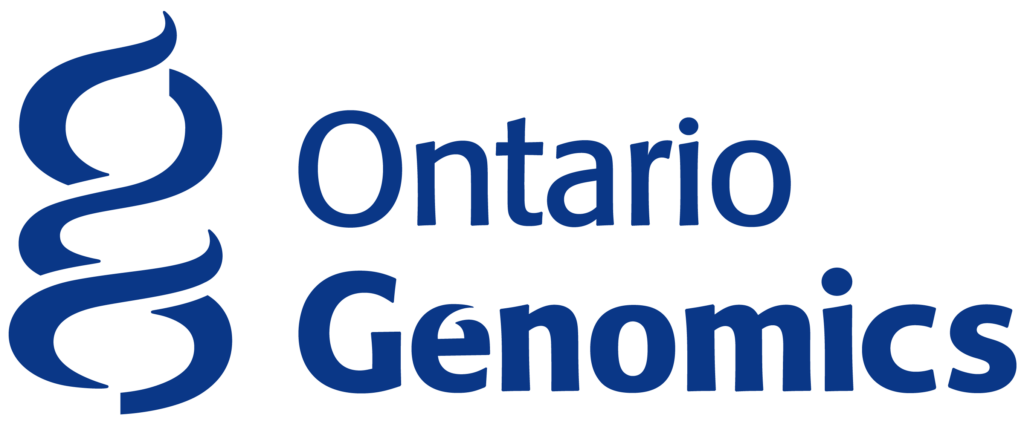Using high-throughput technologies, life science researchers can identify and characterize all the small molecules or metabolites in a given cell, tissue, or organism. The CBW course covers many topics ranging from understanding metabolomics technologies, data collection and analysis, using pathway databases, performing pathway analysis, conducting univariate and multivariate statistics, working with metabolomic databases, and exploring chemical databases. Hands-on practical tutorials using various data sets and tools will assist participants in learning metabolomics analysis techniques.
This is a distributed workshop. It is held simultaneously at two locations, with faculty and TAs present at both venues. Lectures are broadcast back and forth between sites. When applying, please choose the location where you would like to attend. For the Montréal location of this workshop, click here.
Participants will gain practical experience and skills to be able to:
- Design appropriate metabolome-focused experiments
- Understand the advantages and limitations of metabolomic data analysis
- Devise an appropriate bioinformatics workflow for processing and analyzing metabolomic data
- Apply appropriate statistics to undertake rigorous data analysis
- Visualize datasets to gain intuitive insights into the composition and/or activity of their metabolome
This course is intended for graduate students, post-doctoral fellows, clinical fellows and investigators who are interested in learning about both bioinformatic and cheminformatic tools to analyze and interpret metabolomics data.
You will require your own laptop computer. Minimum requirements: 1024×768 screen resolution, 2.4GHz CPU, 8GB RAM, 100GB free disk space, recent versions of Windows, Mac OS X or Linux (Most computers purchased in the past 3-4 years likely meet these requirements).
This workshop requires participants to complete pre-workshop tasks and readings.
Module 1: Introduction to Metabolomics (David Wishart)
- Short history of metabolomics and metabolomes
- Relationship between metabolomics and other “omics”
- Principles of NMR, chromatography, and mass spectrometry
- Targeted vs. untargeted metabolomics
Module 2: Survey of Metabolomics Software and Databases (David Wishart)
- Review of different kinds of metabolomic databases and software
- Introduction to public spectral (MS and NMR) databases, pathway databases (KEGG and PathBank), and comprehensive metabolomic databases (HMDB, MiMeDB)
- Brief review of popular metabolomics software tools: XCMS, MS-DIAL, MZMine, MetaboAnalyst
- Identifying unknowns with spectral prediction and compound generation tools (SIRIUS, CFM-ID, FraGGNet, BioTransformer, DeepMet)
Module 3: Targeted metabolomics – methods and software (David Wishart)
- Targeted metabolomics methodologies
- Spectral deconvolution and targeted metabolomics using NMR, GC-MS, and LC-MS data
- Introduction to software tools: MagMet, GC-AutoFit and LC-AutoFit
Lab Practical: Targeted metabolomics – Perform metabolite ID and quantification using:
- NMR data and MagMet
- GC-MS data and GC-AutoFit
- LC-MS data and LC-AutoFit
- Explore results with the Human Metabolome Database and PathBank
Module 4: Backgrounder in statistics (Jeff Xia)
- Introduction to basic statistics (normal distributions, statistical significance)
- Introduction to univariate (t-tests and ANOVA), multivariate (PCA and PLS-DA) statistics and biomarker analysis
- Introduction to enrichment analysis and pathway analysis
Module 5: MetaboAnalyst 6.0
- Introduction to MetaboAnalyst and its modules
- LC-MS spectra processing and annotation
- Metabolomic data processing (missing value, batch effect, normalization)
- Data reduction and statistical analysis
- Functional analysis
Module 6: MetaboAnalyst for untargeted metabolomics
Module 7: (Lab Practical): Metabolomic Data Analysis using MetaboAnalyst 6.0
- LC-MS-based metabolomic data – from raw spectra to pathway activities
- Compound concentration table – from patterns to biomarkers
Module 8: (Lab Practical): Multi-omics data analysis using XiaLab Tools (xialab.ca/tools.xhtml)
- Using OmicsNet to integrate significant metabolites with SNPs, transcriptomics, and microbiome data via knowledge-driven network integration
- Using OmicsAnalyst to integrate metabolomics data table with other omics data via multivariate dimensional analysis (such as MOFA, DIABLO)
Duration: 3 days
Start: Jun 03, 2024
End: Jun 05, 2024
Status: Cancelled
Workshop Ended

Canadian Bioinformatics Workshops promotes open access. Past workshop content is available under a Creative Commons License.
Posted on:
 Download the poster announcing this workshop
Download the poster announcing this workshop



